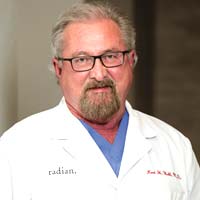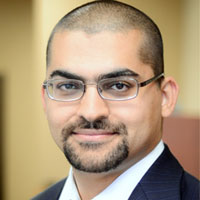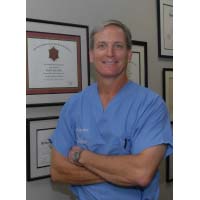The potential risk of using unlicensed hair replacement surgeon for your restoration surgery
Hair
replacement surgery has become a relatively routine procedure that is now
performed all over the world. The international Society of hair restoration
surgery however recognizes only a number of licensed surgeons worldwide who are
capable of performing this technique to the procedural and substantial medical
specifications for natural hair restoration.
Getting
your hair restoration surgery done by an unlicensed surgeon could potentially
put your health at risk. If you are seeking hair restoration surgery, you
should be aware of some of the following concerns and actionable items before
proceeding:
Only
licensed physicians and nurse practitioners with a license to practice should
be present for diagnostic evaluation, surgery planning, consultation, surgery
execution, hairline design, hair harvesting and recipient site creation as well
as the ongoing management of adverse reactions after surgery.
Even the
most minimally invasive restoration procedure should be treated as surgery that
an expert with extensive medical knowledge needs to be the one to oversee the
process entirely. In follicular unit hair transplants especially hundreds or
even a few thousand incisions need to be made and this requires significant
training as well as an aesthetic medicine.
From
country to country there are various laws put in place that suggest which
portions of the procedure can be delegated to an unlicensed medical personnel.
At least one licensed provider needs to be available to perform all surgical
excision and incisions in any procedure in most cases internationally.
Most
medical professionals will advertise the credentials that they have. Always
ensure that this will be the professional that is going to be performing your
surgery and if the person seems unsure or apt to delegate portions of your
surgery to unlicensed personnel, consider going to another hair transplant
service entirely.
Keep some of these top ideas in mind when
preparing for hair replacement surgery and working with top clinics around the
world. Do not place your health at risk.
Hairfear
Frequently asked questions about hair transplant procedures
How much does a hair transplant cost?
Hair transplants can vary in price based off of the area in the world that you are interested in getting a hair transplant as well as the size of the area where you may need a hair transplant. Experienced doctors in the United States will often charge some of the highest prices for a hair transplant worldwide and this is why so many travelers make the move to other parts the world like Turkey, India, Thailand, Mexico...etc for their hair transplants.
Will a hair transplant hurt?
Although hair transplants may look like a particularly
unpleasant or painful experience is actually very little discomfort involved
with the surgery itself. Hair transplants are always done under an anesthetic so there's absolutely zero pain during the treatment itself. Many people actually relate the process as being very similar to going to the dentist for filling or root canal. Mild pain can persist over the course of postop treatment but he generally just resumes for a few days.
Who can deliver the best surgery?
It's usually best to consider working with surgeons who have and IAHRS certification or international alliance of hair restoration surgeons recognition. IAHRS can often deliver recommendations for the best surgeons in each particular area.
Is this scarring noticeable?
Any type of hair transplant will require the use of incisions throughout the scalp. There can also sometimes be a small scar from the donor area towards the back of the scalp. Asking to look at photos of the surgeon's previous work will help you to see roughly how bad the scarring could be. In most cases an experienced professional can limit the look of scarring and noticeable marks from the surgery.
How long does it take for the hair to grow?
In most cases hair growth will start within eight months and you can start to see a full effect from the hair transplant after a full year. The initial signs of growth can usually start between 3 to 4 months after the surgery.
Are the results permanent?
The hair follicles that are transplanted are generally the ones which are genetically resistant against the symptoms of baldness. As long as you receive hair loss treatment later in your life after the symptoms of balding have started to subside, you can have a better chance at permanent results.
While everyone know you've had surgery?
If you want to limit the chance that people may find out about your surgery it's important to give at least three weeks of healing as the surgical area will be affected and red just after surgery. After around a month of healing it can look far less noticeable. You could consider wearing a hat while time passes or opting for some extra time off if possible.
How long should I rest after surgery?
It's recommended to rest for at least a few days after surgery so that your body can recover. Trenton to over exert yourself and limit sexual activity, running in the gym for around 10 days after surgery.
Is it possible to lose more hair as a result of surgery?
There is always a chance of shock loss which happens when the hair is weak and miniaturizing after the surgery. As long as the surgeon is choosing the correct hair follicles and performing the surgery well it's possible to minimize the chance of this happening however.
Will I need another hair transplant?
The need for another transplant really depends on the individual. With a solid foundation surgery and working to potentially bolster results with drug therapy, you can improve the stability of the hair that was transplanted as well as prevent further loss. Getting a hair transplant early
on in your 20s or early on in life could lead to needing long-term transplants as hair loss can be progressive.







